Hello. I am Dr Waseem Akhtar. Welcome to Bridging the Gaps: A Portal for Curious Minds. A gateway into the depths of human inquiry, this platform enables curious minds to step through and embark on a journey of exploration. Here we feature thoughtful discussions on diverse topics. These discussions are crafted around carefully selected books and research publications that present cutting edge thinking and original ideas of finest thinkers, leading explorers and top researchers of our time. It is a space where foundational questions meet emerging queries, arising as we continue to push the boundaries of knowledge. Through this journey, we aim to comprehend our past, understand the path that has led us to the present, and envision potential futures shaped by our pursuit for knowledge, the innovations that we create and the choices that we make.
The first discussion on Bridging the Gaps was posted on December 28, 2014, but its roots stretch back to my start in radio broadcasting in 1995. I continue to engage in radio broadcasting and public speaking to this day. However, my passion for in-depth discussions, a desire to dive deeply into complex ideas, and a keen interest in both foundational and emerging questions called for a dedicated platform. This need for a space where conversations could truly explore the depths of these diverse topics led to the creation of Bridging the Gaps, where discussions can go as deep as I wish.
I am an academic and an educator in the discipline of Computing Science. In addition to this for the past fifteen years, most Saturdays have been dedicated to reviewing publications, creating impactful research communications by using thoughtful and well-crafted questions, and speaking with original thinkers.
Ethos
I am an educator and a learner with curious mind. In my view asking questions is a powerful way of learning. When we read research publications that interest us, and feel an urge to know more about the topic – its origin, its development and its future research directions – intriguing questions come to our minds. Listening to researchers addressing and answering such questions is an opportunity to learn. Here at Bridging the Gaps I invite researchers, explorers and thought leaders from around the world and ask such questions. The aim is to have discussions that are informative, are inline with academic style, and are based on original research. The challenge is, there are so many questions and there is very little time.
There are interesting questions out there, some new and some as old as is our ability to think and imagine. There are fascinating questions about our existence, about our brain, about our minds such as how and why we experience awareness and consciousness; there are questions about our history, and about our future as a civilization; there are questions about the universe, its origin, its structure and its ultimate fate. And there are questions about the way we live, learn, and manage our lives. And there are researchers and explorers out there who are trying to answer these questions.
One of the most stimulating aspects of doing research is that researchers, through their research, try to address known questions. However the process of finding answers to known questions, almost always leads to new questions. Thus research is not only an act of finding answers to known questions, it is also the process of discovering new and unknown questions.
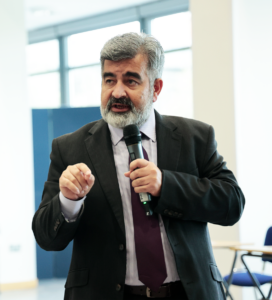
Here, at Bridging the Gaps you will find discussions with researchers, explorers and thought leaders. In these discussions you will not only find questions that are being addressed by the cutting edge research, you will also find hints of the emerging questions and future research directions. Some of these emerging questions are so intriguing, so beautiful, so fascinating, that it is hard to imagine that how it would be like to have answers to these question and it is hard to imagine the new questions these answers would lead to. Thus, it is important that we keep asking questions and learn to appreciate the curiosity that underpins these questions. Asking questions will keep fueling curious minds. In my view, a touch of curiosity supported by the ability to think critically is what makes good researchers, explorers and leaders.
Public Speaking
Engaging with the finest minds of our time, recording discussions in our studio, and producing high-quality podcasts is both exciting and deeply fulfilling. Yet, there’s a unique thrill to speaking on stage before a live audience. I continue to embrace public speaking, aiming to inform and inspire my listeners with passion and energy. My talks are enriched by my ongoing interactions with leading researchers and innovators, as well as my deep interest in staying informed about cutting-edge research across a wide range of fields.
When invited to speak, I carefully prepare my speech, tailoring the content to be most relevant to the event and the audience.
In my public speaking, I passionately explore the latest advancements in research and innovation, sharing compelling stories about the journey to these breakthroughs. I also offer glimpses of the innovations on the horizon and the profound discoveries that lie just ahead. Additionally, depending on the nature of the event and the interests of the audience, I may delve into foundational questions, philosophical inquiries, and the social impact of technological progress, ensuring that my presentations not only captivate but also provoke thoughtful reflection.
Growing & Evolving
On Bridging the Gaps you will find insightful, in-depth discussions with researchers, explorers and thought leaders. However my engagement with publishers, research groups and researchers, as well as with science communication outlets, practitioners and journalists has been organically turning Bridging the Gaps into a platform, and a network, and a science, research and innovation communication training hub.
A Platform: Bridging the Gaps is rapidly evolving into a platform for sharing and disseminating research, original ideas, and innovations. I continue to expand our direct engagement with various outlets, providing information for their audiences and assisting in developing topical, on-demand content tailored to different presentation formats, such as radio, workshops, seminars, and keynote-style presentations.
A Network: Bridging the Gaps is growing into a vibrant network of aspiring researchers and innovators who are eager to stay informed on cutting-edge topics, as well as academics who share this content with their students.
A Training & Coaching Hub: As we collaborate with researchers and innovators eager to share their work, we often encounter colleagues who could benefit from training and guidance in effectively communicating their research and innovations. We regularly provide this support. What began as individual assistance has since evolved into training workshops and seminars, nearly reaching the scope of a short course.
This approach to storytelling in science, research, and innovation not only benefits budding researchers but also provides an added advantage to project managers and product owners in the innovative technology sector. It is especially valuable for startups, which often have outstanding innovations, useful services, or great products but struggle to convey their message effectively for funding, marketing, and raising awareness.


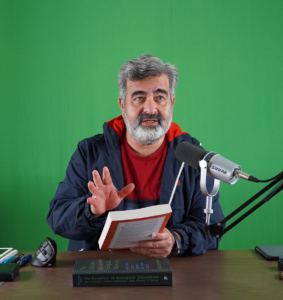
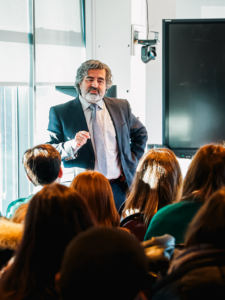
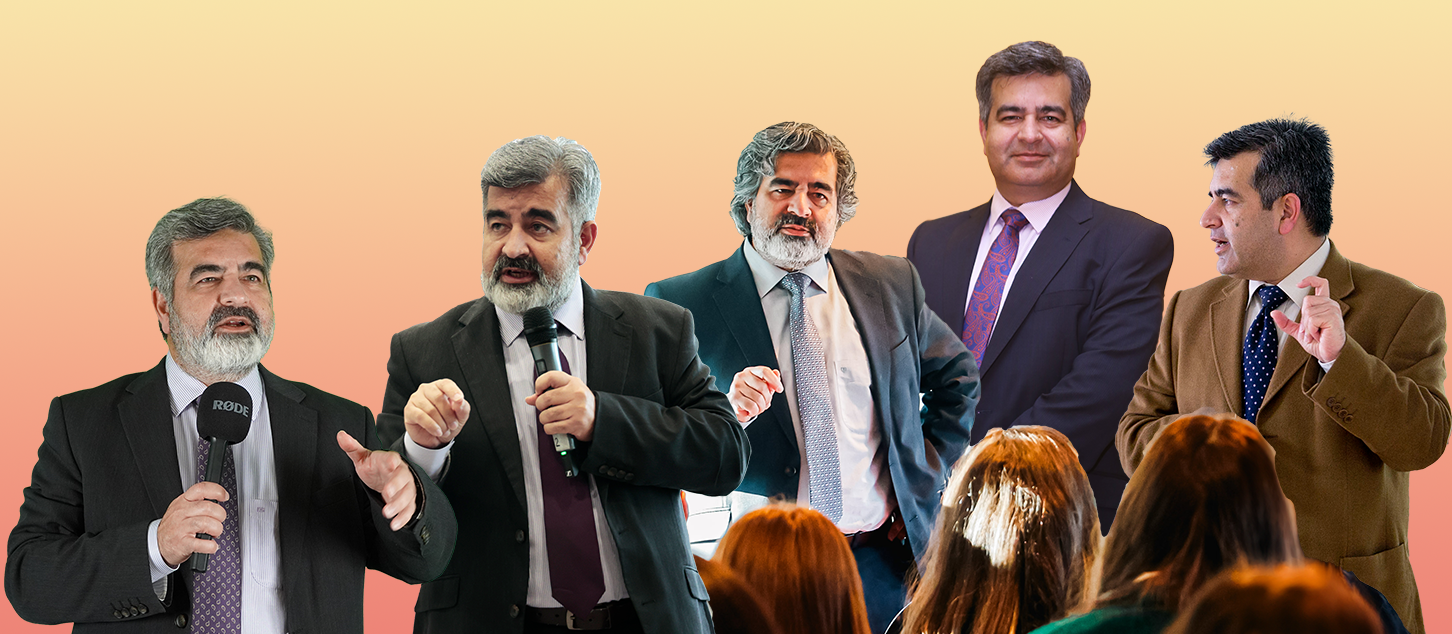
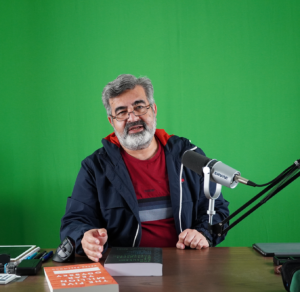
Connect With Us